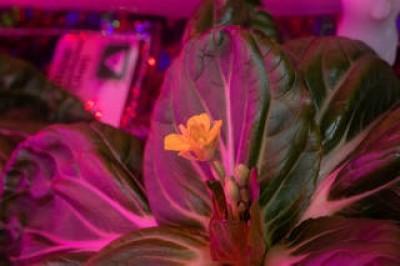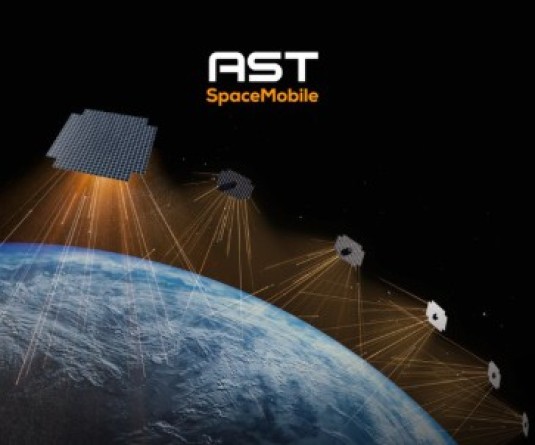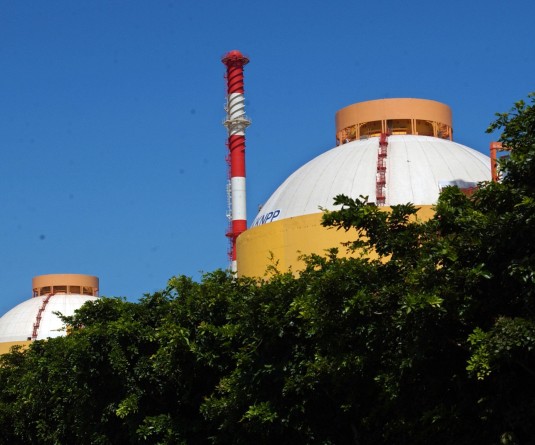Image Source: IANS News

Washington, April 28 (IANS) NASAs Expedition 64 crew member Michael Hopkins has harvested two crops in space -- 'Amara' mustard, and a previously grown crop, 'Extra Dwarf' pak choi. They were grown for 64 days, the longest leafy greens have grown on station, the US space agency said.
The pak choi grew for so long that it began to flower as part of its reproduction cycle. Hopkins' efforts in eclipsing the mark included using a small paintbrush to pollinate plant flowers.
"I wasn't all at surprised that he chose this route to make sure the plants were fully pollinated because he has always wanted to be very involved," Matt Romeyn, a space crop production project scientist and science lead on the four-plant experiments, said in a statement on Tuesday.
"After he used the paintbrush, we saw a high seed production rate," he added.
Hopkins ate the pak choi as a side dish, with leaves marinated in an empty tortilla package. He added soy sauce and garlic, and put it in a small food warmer for 20 to 30 minutes, NASA shared in a post.
Astronauts have been enjoying the Amara mustard "like a lettuce wrap," Hopkins explained, adding ingredients such as chicken, soy sauce, and balsamic vinegar.
"Delicious, plus the texture or crunch," he wrote in the experiment notes after sampling Amara mustard grown in space.
While the astronauts' pre-packaged food offers variety and nutrition, fresh crops deliver an appealing addition. Hopkins said the plants were a much appreciated "connection to Earth" and that connection is one reason he uses his personal time to be a space gardener.
The experiment is important because fruit crops require pollination, and crews need to understand how the process works in microgravity and, eventually, in reduced gravity.
As part of the Plant Habitat-04 experiment, the Kennedy Space Centre will send pepper seeds to the space station later this year. The pepper seeds will fly on SpaceX's 22nd Commercial Resupply Services mission and will grow in the Advanced Plant Habitat. A VEG-05 experiment with dwarf tomatoes also is planned for Veggie next year, NASA said.






